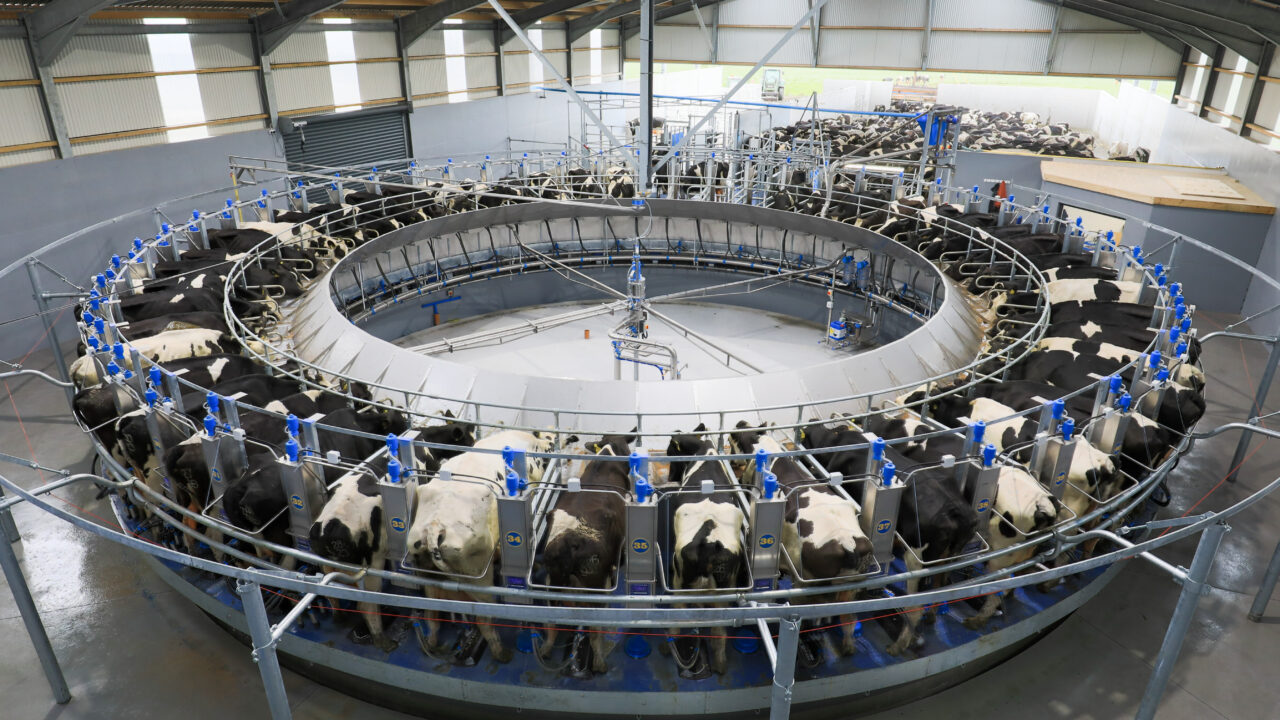A prominent food analyst and commentator has said that the dairy industry should “collapse” down to two farmer-controlled dairy processors.
Goodbody Stockbrokers’ food analyst Joe Gill made the comments on Newstalk radio, where he spoke about what he saw as the poor performance of the Irish food industry over the last 20 years.
Gill gave a talk entitled ‘Irish Food in the Next Century – Challenges and Opportunities’, which he delivered at University College Cork last week, during the fourth Annual Butter Museum Lecture.
In particular, he mentioned the industry’s inability to create equity value – which he defined as a business generating a return on their invested capital that beats the cost of capital, and does so consistently over many years or even decades.
Over the decades, food companies have not produced equity value for their owners and shareholders.
Gill, a former chief economist at the Irish Co-operative Organisation Society (ICOS), said that Kerry Group is the one exception, which, along with businesses like Kingspan and Applegreen, have grown impressively after starting out with little resources.
The reasons for their success, claimed Gill, was an entrepreneurial spirit and the ability to think outside the box.
But the current problems weren’t always there, claimed Gill, and said that they’re a fairly recent phenomenon
The dynamism that was in the food industry, particularly between 1985 and 1995, is not as evident today as it was then.
The analyst suggested a number of steps that could be taken to boost efficiency, including the reduction of the dairy processing sector to two farmer-controlled cooperatives.
Among his other suggestions was the creation of a state-backed global food finance conference, operating along the same lines as the Web Summit, as well as the setting aside of €3 billion by the strategic investment fund, so as to provide matching equity finance for cooperatives.
But according to Gill, there is potential there.
“The Irish Food Industry is packed with the skillsets, the people and the assets that could be used as the foundations to build something like this,” he declared.
He pointed out the food industry’s performance in the 1980s, when, he said, there were “huge challenges” facing the industry.
“But management had the risk appetite and ambition to go out and do things differently,” he said.
